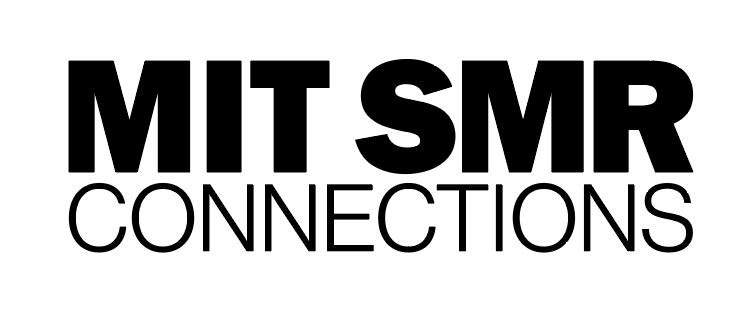The 2020 pandemic thrust upon us the new reality of working from home. While for more traditional corporations, remote work came as a shock, for other startups and software companies, it was nothing new. They were designed from the outset to be location independent, to access a global pool of talent, and avoid the overhead of a corporate headquarters. So, when normalcy returns, will we see the resurgence of the office or something entirely different: the distributed organization?
Work was an activity long before it was a place.
Knowledge work preceded the digital age by thousands of years. We have worked with ideas, words, and numbers for as long as we could read, write, and count. Five thousand years ago, the world’s first accountants in Mesopotamia counted sheep and crops in cuneiform, while ancient Egypt’s bureaucratic society depended on its army of scribes. Eventually, work took on a physical form, and the office was born. The Medici bankers built the Uffizi in Florence in 1560, to house their administrative and legal offices, and serve as a prestigious symbol of their expanding financial empire. Five hundred years later, little has changed. We now have Apple Park in Cupertino, a $5 billion space ship designed to not only house 12,000 employees but to symbolize their virtual conquest of the world.
Yet, while the office changed and evolved, shaped by design trends, technology, and shifting social dynamics – a more profound and significant revolution was also taking place. What if you didn’t need to design organizations around physical locations at all? Sure, an organization might use spaces for specific purposes from time to time – but what if the core of a company could run without them?
This question, of course, raises a much bigger and more dangerous challenge than remote work. The very phrase ‘remote work’ implies that somewhere is a physical office where the real work gets done. What we are experiencing now is not remote work; it is distributed work. For a distributed organization to work, geographically dispersed teams need the ability to communicate effectively. But that is only half the story. Decision-making has to be delegated and decentralized as well.
Running a distributed organization is not easy. Everything we take for granted about physical meetings has to be anticipated and facilitated in a distributed setting. However, that can be an advantage when it comes to digital transformation. The discipline that comes with streamlining processes, interactions, and decisions not only leads to a more agile, data-driven organization – but arguably better leadership and management practices as well.
We are just at the beginning of a truly profound era of workplace transformation that will change not just where we work, but how and why we do it too.
When the crisis is over, some leaders will return to their offices and try and resume business as usual. But there will be others who have learned some powerful lessons from this experience and will continue to pursue a new path. If you think that might be you, here are five questions that I think are worth considering now:
#1. Mobility
Is the value of what you do based on where it gets done? Being able to work from anywhere is a technology issue. But there is a cultural dimension to this as well. Does someone on the other side of the world have the same influence as a team member at head office?
#2. Autonomy
Are your teams empowered to act, or do they first need to ask? Seeking approvals and authorization takes much longer when you are working virtually. How can you better delegate authority and decentralized decision-making?
#3. Memory
Are decisions documented for others to learn and review? Creating a decision-log for your business will help new employees get up to speed on the organizational knowledge of the firm, while also providing a solid foundation for revisiting assumptions when conditions change.
#4. Objectivity
Do you let data challenge what you say, or do opinions win the day? Being data-driven is more important ever in a distributed organization, as it allows teams to analyze opportunities and frame problems with an objective, common language that avoids misunderstandings or unnecessary friction.
#5. Velocity
When change occurs, how fast are you to respond? Speed is of the essence, now more than ever. How quick are you and your teams to respond to rapid shifts in the market, emerging risks, and opportunities? In other words, what is your internal clock speed?
What we are experiencing right now is not an experiment in working from home, it is a preview for a radical new future of work. In the future, there will be no such thing as remote work, only work. The organizations that embrace the opportunity to transform themselves in this moment of crisis will be the ones best positioned for reinvention when we reach the other side.





